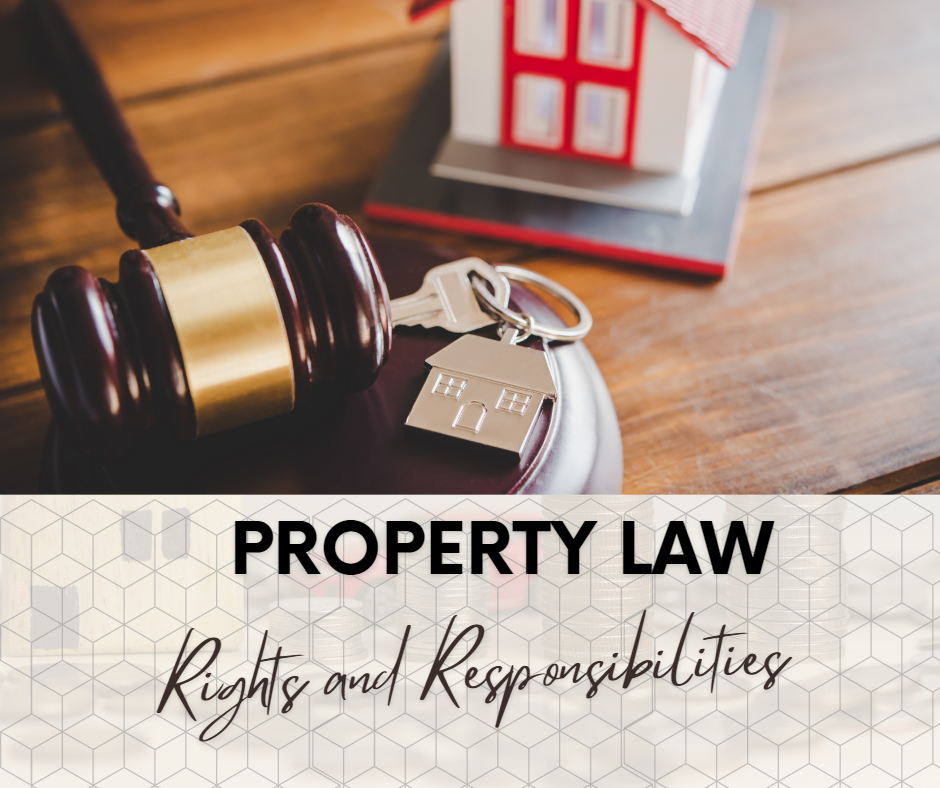Property law in Zimbabwe is governed by a combination of statutes, common law principles, and customary law. This article provides an overview of the legal framework that shapes property rights and responsibilities in the country.
Under the Constitution of Zimbabwe, every person has the right to acquire, hold, and dispose of property. However, the state has the power to compulsorily acquire property for public purposes in the interest of national defense, public order, public health, or the economic well-being of the country. This power must be exercised in a manner that is fair, just, and equitable.
Property can be classified into different categories, including rural land, urban land, movable property, and intellectual property. Each category has its own set of legal rules and regulations. For instance, rural land is subject to customary law and the Communal Land Act, while urban land falls under the Urban Councils Act and the Regional, Town, and Country Planning Act.
In terms of property rights, the Deeds Registries Act establishes a system for the registration of title deeds, mortgages, and other property-related documents. This ensures that property rights are properly recorded and protected. Furthermore, the Land Registration Act governs the registration and transfer of land, while the Rental Act regulates the relationship between landlords and tenants.
Property owners in Zimbabwe have certain responsibilities as well. They are obligated to pay property taxes and comply with zoning and land use regulations. Failure to do so can result in fines or other penalties. Additionally, property owners must maintain their properties in a safe and habitable condition, following prescribed maintenance standards.
Disputes over property rights are resolved through the courts. The legal system allows individuals to seek redress for any violations or infringements of their rights. However, it is worth noting that the process of resolving property disputes can be time-consuming and costly.
Overall, property law in Zimbabwe aims to strike a balance between the rights of property owners and the interests of the state and the community. It is crucial for individuals to familiarize themselves with the relevant laws and regulations to ensure that their property rights are protected and their responsibilities are fulfilled


